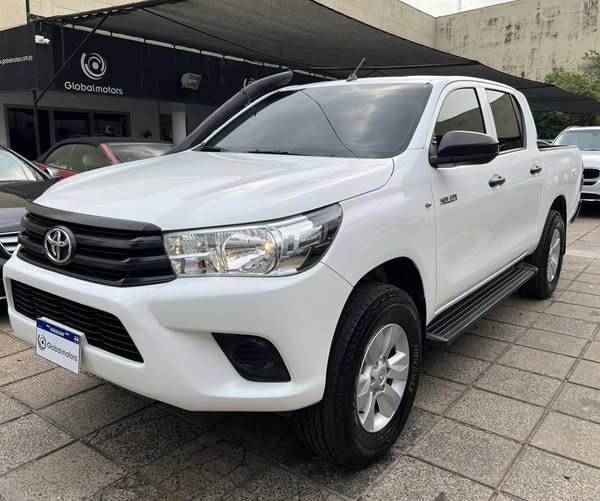There are no products in your shopping cart.
| 0 Items | £0.00 |


Ayo Akinfe
[1] I wonder if Nigerians noted how certain companies and countries exploited the economic openings the Coronavirus pandemic provided. For starters, online firms such as Zoom, WhatApp, Instagram, Twitter, etc making a killing with digital communication apps. So too did companies like Tesla, who cashed in on reduced travel
[2] Do you know that in response to the pandemic, there was a surge in the global demand for used vehicles, especially full-size pickup trucks? In the US, some buyers were traveling hundreds of miles to get what they want, regardless of the price
[3] Two factors tied to the coronavirus pandemic drove the market. Automobile manufacturers shut down plants from Canada to Mexico, severely restricting the supply of new models. This created an unprecedented demand
[4] Tom Kontos, chief economist for KAR Global Analytics Research, who has tracked wholesale used vehicle prices for more than 20 years, said this was the hottest market he has ever seen. He added that in the space of two months, prices went from double-digit declines to double-digit gains and stayed high
[5] For major car manufacturers such as GM, Ford, and Fiat Chrysler Automobiles, pick-up trucks actually account for more than two-thirds of their global pretax earnings, although they only account for 16% of North American vehicle production. Apparently, these vehicles have a high profit margin and a high price tag, with 40% of Ford F-150s selling for $40,000 or more.
[6] In Europe, pick-up trucks represent less than 1% of light vehicles sold, the most popular being the Ford Ranger with about 27,300 units selling annually. However, in agrarian Africa, the pick-up truck is a must-have for farmers. If Nigeria spearheaded a commercial farming revolution across West Africa, just imagine the kind of sales we would be talking about
[7] In South Africa for instance, pick-up trucks account for about 17% of the passenger and light commercial vehicle sales, mostly the Toyota Hilux, Ford Ranger, Isuzu KB, Volkswagen Amarok and Nissan Navara. In the case of Nigeria, I would manufacture a special refrigerated pick-up truck which will allow farmers to store their produce in the back as they transport it to market
[8] Tesla is an American electric vehicle and clean energy company based in Palo Alto, California. Its current products include electric cars, battery energy storage from home to grid scale, solar panels and solar roof tiles, as well as other related products and services. Tesla is ranked as the world's best-selling plug-in and battery electric passenger car manufacturer, with a market share of 16% of the plug-in segment. Can someone please explain to me why Tesla and Innoson have not formed a joint venture to manufacture electric pick-up trucks in Nigeria?
[9] As we speak, Tesla is expanding its plants, as well as building new ones, which should increase the output up to around 800,000 units annually. As the company looks to cash in on increased demand, it needs manufacturing locations where production costs are cheap. I wonder why Governor Babajide Sanwoolu has not approached Tesla offering them a 50 year lease on land in the Lekki Industrial Park where they can manufacture trucks in conjunction with Innoson
[10] I want to see Nigeria have a transport policy in which we move away from the private vehicle. Centre everything on trains, buses and pick-up trucks for farmers. Personally, I would ask Tesla if they could come and manufacture all three in Nigeria, opening the world’s largest electric automobile manufacturing plant in Lekki. No doubt, all these vehicles will be electric!